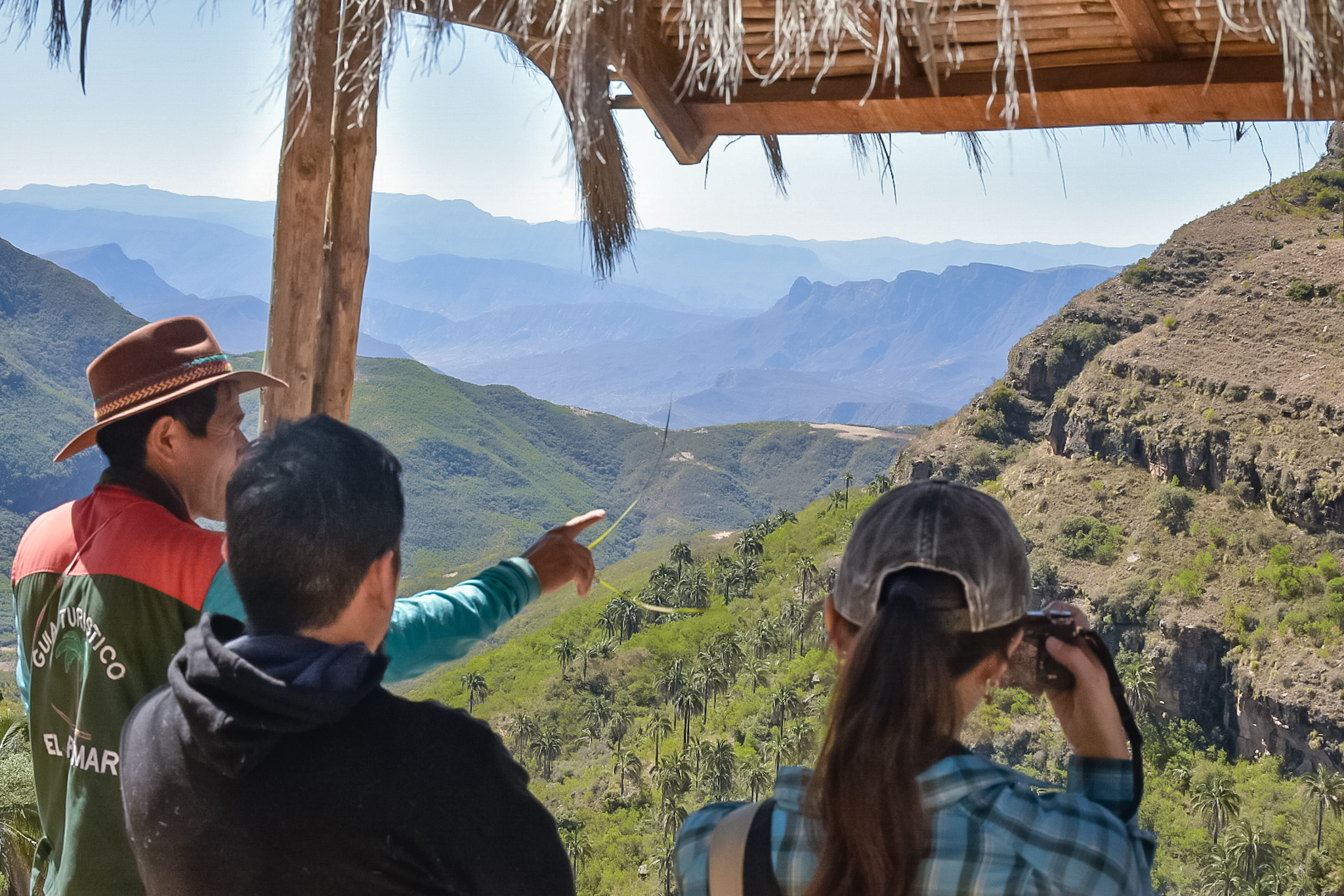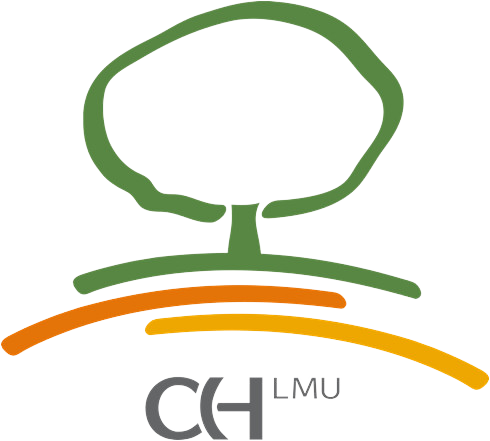Knowledge, Attitudes, and Practices towards the Risk of Zoonotic Diseases, Wildlife Trade and Wildlife Consumption in Latin America

Wild animals are an important and integral part of biodiversity. Keeping the environment and the animals healthy, ensures the health of humans. Furthermore, they are a source of known and currently unknown pathogens, some of which have the potential to become pandemic in humans. Deforestation, land use transformations and growing urbanisation are causes of an increasing reduction of wildlife habitats. They lead to a closer contact between humans and animals and, therefore a higher probability of pathogens crossing the species boundary.
The project aimed to identify knowledge, attitudes, and practices towards the risk of zoonotic diseases, wildlife trade, and consumption in different populations living in urban and rural areas, including indigenous communities, in Latin America.
Based on its results, the project developed innovative approaches, according to local context, to educate communities, and co-construct behavioural change approaches to raise awareness and change behaviour in the population. For that, multi-centred and mixed methods along five work packages (‘WP’) were used:

More information can be found here.
Results and Products:
WP 1: The KAP- Survey showed the need for respect of cultural practices in relation to wildlife, while raising awareness about associated risks and preserving traditions through an integrated approach. Practices indicated overall high risk of spillover, e. g. through consumption of raw or undercooked meat, and poor hygiene practices, as well as varying exposure to zoonotic risk due to environmental disturbances.
WP 2
- Cultural Influences and Perceptions: Various stakeholder interviews showed the struggles between different groups of people in all the four countries. In Bolivia indigenous views often conflict with traditional livestock practices, whereas Brazil’s urban conservation efforts clash with rural communities’ dependence on hunting. Chile sees tourism significantly influencing environmental awareness, and in Guatemala, economic factors and the availability of natural resources shape how indigenous communities interact with wildlife.
- Human- Wildlife Conflicts are also present in all the four countries. Pumas, foxes, and jaguars are frequently viewed as threats to livestock, resulting in retaliatory killings. Nevertheless, conservation awareness is growing and there are more and more education initiatives in all regions.
- The Use of Wildlife for medicinal purposes is common in the study regions, with each country having their own traditions and practices related to medicine and diet.
WP3: Roundtable discussions with various stakeholders brought up the most imminent issues and how to tackle them. These steps include:
- Educational initiatives to address zoonotic risks especially for those who have regular contact with wildlife, but also interactive games for students and teachers.
- Fostering Collaboration and Communication between the stakeholders to ensure a unified approach.
- Interventions to enhance the understanding of biodiversity and its importance when it comes to the spillover of pathogens.
WP4 and WP5: Pilot interventions were discussed at a workshop in Brazil and educational materials like flipcharts, student and teacher guidebooks, posters, games and calendars were created. Other interventions in the four countries involved workshops for animal owners, One Health focused Working Groups and awareness campaigns. These materials were then disseminated to different communities and the project results were presented.
Furthermore, two papers were published during the project:
- Kuhn C, Hayibor KM, Acheampong AT, Pires LSA, Costa-Ribeiro MCV, Burrone MS, Vásquez-Almazán CR, Radon K, Soto MTS; KAPwildlife-study group. How studies on zoonotic risks in wildlife implement the one health approach – A systematic review. One Health. 2024 Nov 8;19:100929. 10.1016/j.onehlt.2024.100929
- Caroline Kuhn, Luciana Salini Abrahão Pires, María Soledad Burrone et al. Knowledge, attitudes, and practices towards the risk of zoonotic diseases, wildlife trade, and wildlife consumption in Latin America: A One Health mixed-method study protocol, 25 November 2024, PREPRINT (Version 1) available at Research Square [https://doi.org/10.21203/rs.3.rs-5504949/v1]
Event Report an Recording can be found here.
Find more information and the overall learnings of the Alliance financed projects in the report “Learning to make Change Happen.- Global Lessons from 18 projects”

Photo: Hector Ramon Perez
Participants
Maria Teresa Solis Soto
Katja Radon

Caroline Kuhn
Contacts
Dr. Maria Teresa Solis Soto
Email: solis.teresa@usfx.bo
